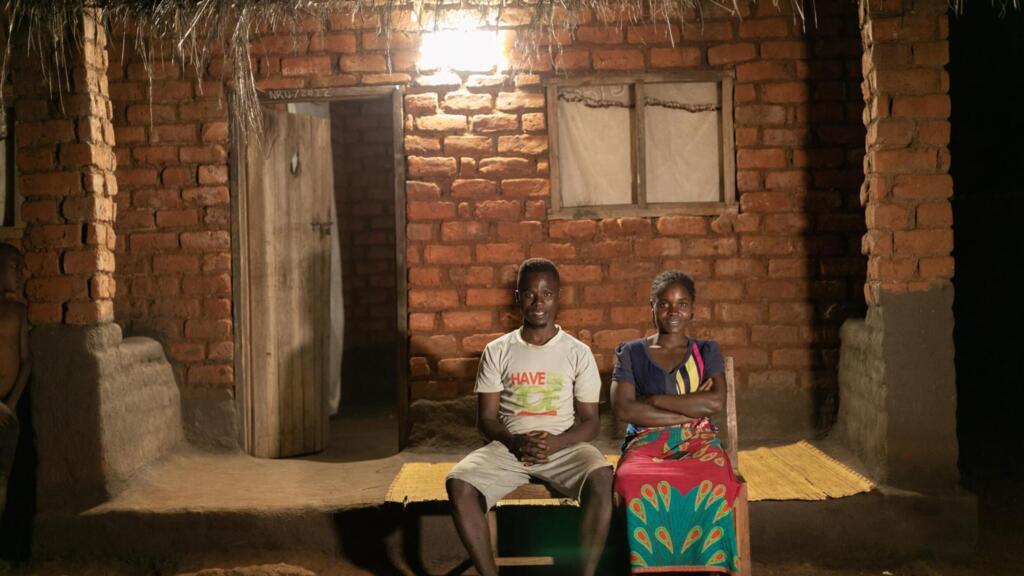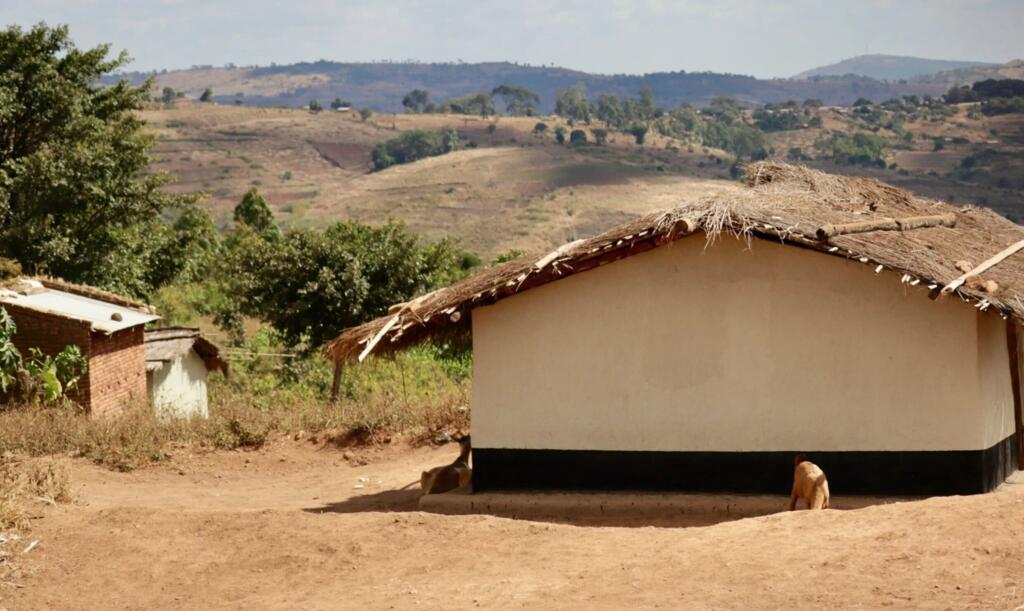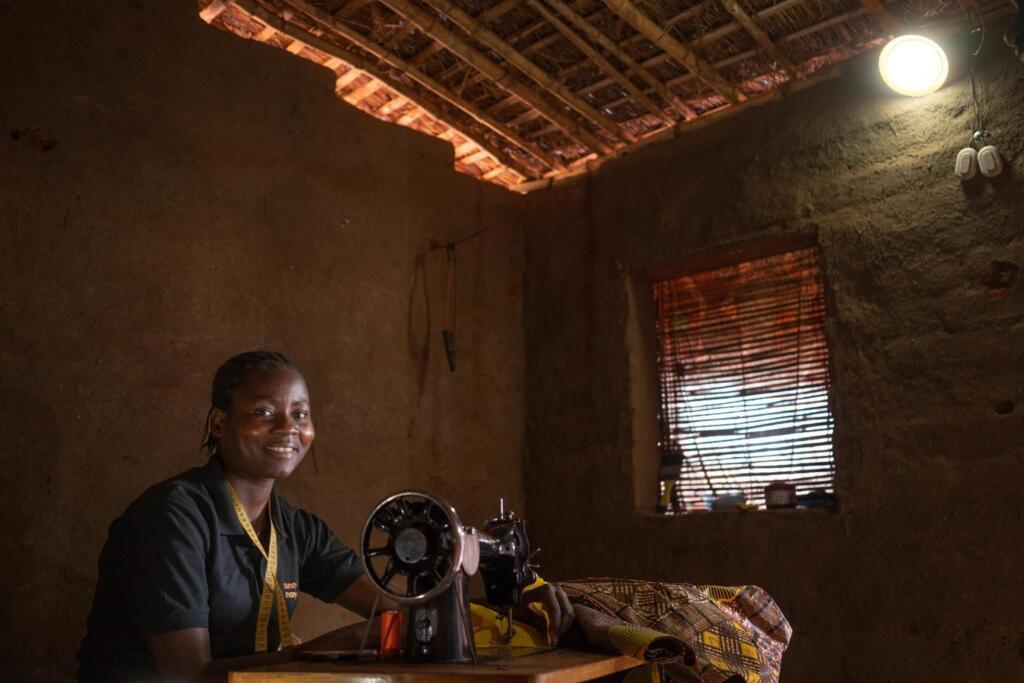
A community of nearly 9,000 homes in rural Malawi last month became the country’s first village to receive 100 percent universal access to solar power – a move that it is hoped could inspire change far beyond the region.
Kasakula received universal access to solar power through an award-winning energy model from SolarAid, a small international charity, which chose the remote, low-income village to pilot its Energy-as-a-Service model.
It means that, since the last week of August, it has become 100 percent powered by solar energy, and almost all of its 8 to 9 000 households have access to this solar powered electricity.
Malawi’s government is now keen to roll out access across the country, setting a precedent for Africa.

Kasakula residents used to live off-grid, relying on candles and a few lamps, says Brave Mhonie, SolarAid Malawi general manager and president of Renewable Energy Industries Association of Malawi.
"We are kind of living the dream, a global dream of universal energy access," Mhonie told RFI.
"We're achieving our SDG 7 [Sustainable Development Goal 7] by 2030. [But] as a sector, we are behind our global goals for various reasons, one being poverty. The majority of customers who are being left behind is because they are very poor."
Sustainable Development Goal 7 is one of 17 Sustainable Development Goals established by the United Nations General Assembly in 2015. It aims to "ensure access to affordable, reliable, sustainable and modern energy for all".

"What we wanted was to develop a model that enables universal energy access while being sustainable," Mhonie said.
"And realising that dream that we have actually connected the entire community, which will act as a blueprint to others to also learn and understand how it can actually be done. So for us, it's not just a celebration belonging to SolarAid."
The programme has been pushing the grid to go into the remotest areas, but this grid has got limitation as to how many people can be connected to it and how far it can go for proper maintenance.
SolarAid's model started by integrating into what the government is already doing, then by extending power coverage, to connect people and make sure that everyone in the area is actually powered with electricity, according to Mhonie.
"We are talking of about 32,000 individuals," Mohnie said.
They also got involved in this business model.
"We put the community itself at the centre stage of the implementation and delivery of the business activities," he added.

Changing lives
These changes impact directly the life of people in the village; they improved the way people work, and security at night, and the way they communicate with each other.
"In general, we can see quite a big shift in terms of impact, on opening business opportunities, for instance," Mhonie said. "We have some people like tailors using the light to continue working at night, which they never used to do before. We have got some people who own small shops. Again, they are connected and they are extending their working hours."

SolarAid also connected 12 schools in the area, ten primary schools and two secondary schools. "Learners are now coming to the school at night to have extra lessons from their teachers as well as are studying, especially during the exam time.
One of the greatest stories that Mhonie has observed so far is its impact on the girls.
"Previously the area, the performance of girls was very low. When we did a survey, we realised that, when the school organises these extra lessons or night studies at school, before we brought in the electricity, it was very difficult for the girls because they couldn't go to school at night, for obvious reasons, they are so vulnerable."
So, they were forced to stay at home, while boys were going to school at night to have extra lessons and to study.
"Now that we have connected more or less every, household, the girls are having access to electricity in their respective homes don't have to go anywhere. And that also has created them to have opportunity to read at night and putting them at the same level as the boys in terms of opportunities."
There is also one health facility in the area, which is connected to grid, but it is not reliable.
"So at night nurses and midwives were finding it difficult to deliver women at night, when the facility had no electricity. They approached us to connect them to an alternative electricity and a backup to the grid. Now the solar is having more impact on women's health at night."

National expansion
Kasakula's governance structure involves traditional chiefs
Now, the team behind the project is working very closely with the traditional authorities, the chiefs, on consumer education about clean renewable energy and how it actually works, and to teach them about their responsibility in looking after the products.
"We work very closely with the local chiefs to to educate the consumers."
Spotlight on Africa podcast: Malawi’s first solar-powered village
The community is at the centre stage of delivering this work.
"All the success that we are celebrating today is because of a very strong, cohesive, ah, collaboration with the community members themselves."
And other villages could learn from that experience, in Malawi and beyond.
"Our intention is to do something that actually inspires others to also stand up and take action. We know that people want to see solutions coming out, but probably no one has spearheaded with a bold move to take that level of action. So, what we are expecting is that other communities will be inspired by it, and will also take action."
The charity and its partners are now working with the government to make sure that it has a good knowledge of what is happening, so they can take this model and incorporate it into its rural electrification further into the country.
"We have already received requests from other chiefs wanting us to go into their villages as well to do it, from other organisations that are also interested in rural electrification, coming to seek support on how we can work with them to help."
The enterprise SunnyMoney and the Swedish NGO Postcode Foundation are also helping in one of the districts down south in Malawi, where a similar project has also been set up at a smaller scale.
Another community group in the eastern part of the country is also working on making solar power happen, as well as a local Catholic church and church members, willing to receive electricity in their homes.
"So it's something that indeed can be replicated in other areas quite easily," Mhoni concluded.







